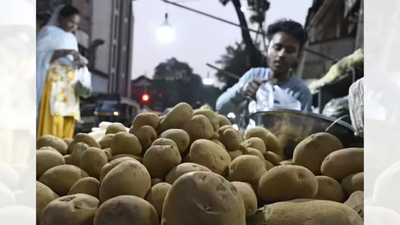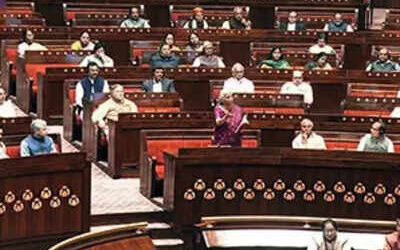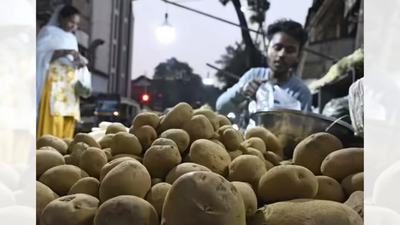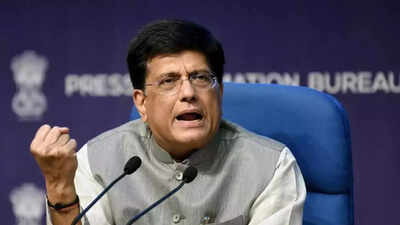India becomes Asia’s new snack supplier: Processed potato exports surge 450%; GTRI credits Gujarat, UP

India’s processed potato products are making significant inroads into Southeast Asian markets, hugely driven by demand for snacks and convenience foods, according to a report by Global Trade Research Initiative (GTRI).Exports of dehydrates potato granules and pellets reached $63.3 million in FY2025, jumping from $11.4 million in FY2022. Other potato products, such as flour, starch, chips, and ready-to-eat items, have also grown rapidly, rising to $18.8 million over the same period. Potato flour alone recorded a staggering 1,100% increase.Ajay Srivastav, founder of GTRI Ajay Srivastav said, “Nearly 80 per cent of shipments go to Malaysia, the Philippines, Indonesia, Japan, and Thailand, reflecting India’s integration into Southeast Asia’s snack and convenience-food supply chain.”Malaysia is leading as India’s largest buyer of dehydrated potato granules and pellets with imports climbing to $22.1 million. The Philippines and Indonesia posted remarkable growth of 600% and 924%, respectively, while Japan and Thailand more than tripled their purchases. These 5 countries collectively account for nearly 80% of India’s processed potato exports.
Domestic infrastructure drives expansion
Gujarat and Uttar Pradesh are key states contributing to this growth, with Gujarat’s Mehsana and Banaskantha districts now featuring modern dehydration plants backed by contract farming and cold storage facilities. New units are coming up in Agra and Farrukhabad.India’s 56-million-tonne annual potato crop, including high-solids varieties suitable for processing, has enabled exporters to scale production to meet rising demand. Along with this, firms have upgraded their quality standards, earning BIS, ISO, and HACCP certifications, and developing products such as granules, flakes, and pellets to suit international buyers.“Preferential tariffs under the India–ASEAN Trade in Goods Agreement, combined with short shipping routes through ports like Mundra, Kandla, and Chennai, have further strengthened India’s price competitiveness,” added Srivastav.
Filling a global supply gap
This rise in processed potato exports is also linked to global factors. Europe is grappling with high energy costs and unpredictable harvests, while China is focusing on meeting it’s domestic demand.“Europe’s processors, hit by energy shocks and weather volatility, and China’s inward shift have left global buyers looking for alternatives. India’s steady output, improving standards, and lower cost base have turned it from an occasional supplier into a reliable, year-round source for Asian food manufacturers,” said Srivastav.Potato flour, meal, and powder used in soups, snacks, and bakery products have also risen from $0.4 million to 5.5 million. Shipments of canned and ready-to-eat potatoes, along with chips and crisps, have doubled to $5.3 million, while potato starch exports have increased nearly fivefold to 2.6 million.
Strategic advantage for Asia’s snack and QSR industry
Rapidly growing snack and quick-service restaurant (QSR) sectors across Southeast Asia are driving the need for semi-processed potato inputs. India, with its reliable production, low costs, and proximity to ASEAN markets, has positioned itself as a trusted supplier.India’s processed potato exports — led by dehydrated granules and pellets — have become a rare success story in agricultural exports, built on value addition rather than volume alone.






